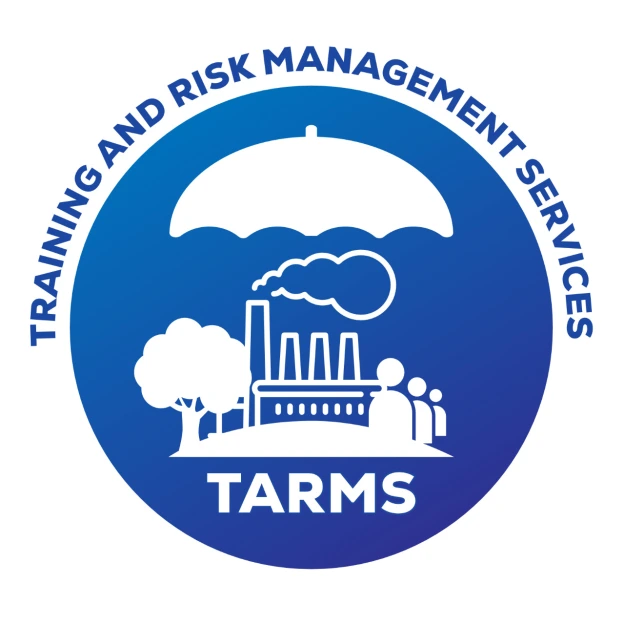
What type of organization requires IMS?
The requirement for an Integrated Management System (IMS) is not mandated by a single organization, but rather, it’s a strategic choice made by organizations across various industries. However, several factors or organizational characteristics might lead to the adoption of an IMS:
-
Organizations with Multiple Certifications:
- Companies that hold multiple ISO certifications (e.g., ISO 9001, ISO 14001, ISO 45001) often choose to implement an IMS to streamline compliance and management efforts. For example:
- Manufacturing Companies: They may need to comply with quality, environmental, and safety standards.
- Construction Firms: Often require quality, safety, and environmental management due to the nature of their work.
-
Large Corporations and Multinationals:
- Large companies with complex operations across different regions or sectors often implement an IMS to ensure consistent management practices and compliance globally.
-
Organizations in Highly Regulated Industries:
- Healthcare: Hospitals and healthcare providers may implement an IMS to manage health, safety, environmental, and quality standards.
- Oil & Gas: Companies in the oil and gas sector often integrate management systems to handle environmental impact, safety risks, and quality control.
- Pharmaceuticals: Stringent regulatory requirements make IMS a valuable tool for managing quality, safety, and environmental standards.
-
Organizations Focused on Sustainability:
- Companies with a strong commitment to sustainability and corporate social responsibility (CSR) may adopt an IMS to integrate environmental and social governance (ESG) alongside quality and safety standards.
-
Government and Public Sector Entities:
- Public sector organizations and government agencies may implement IMS to manage quality, safety, and environmental impact, especially in sectors like transportation, infrastructure, and utilities.
-
Small and Medium Enterprises (SMEs):
- SMEs that aim to improve efficiency, reduce costs, and enhance their market reputation may also choose to implement an IMS, particularly if they need to meet multiple standards for contracts or partnerships.
-
Supply Chain Requirements:
- Organizations that are part of supply chains for larger corporations might be required to have an IMS to meet the standards expected by their clients
NetShell
While no single organization mandates the use of an IMS, industries that are heavily regulated or those seeking efficiency and compliance across multiple domains often adopt an IMS to streamline their management systems.

